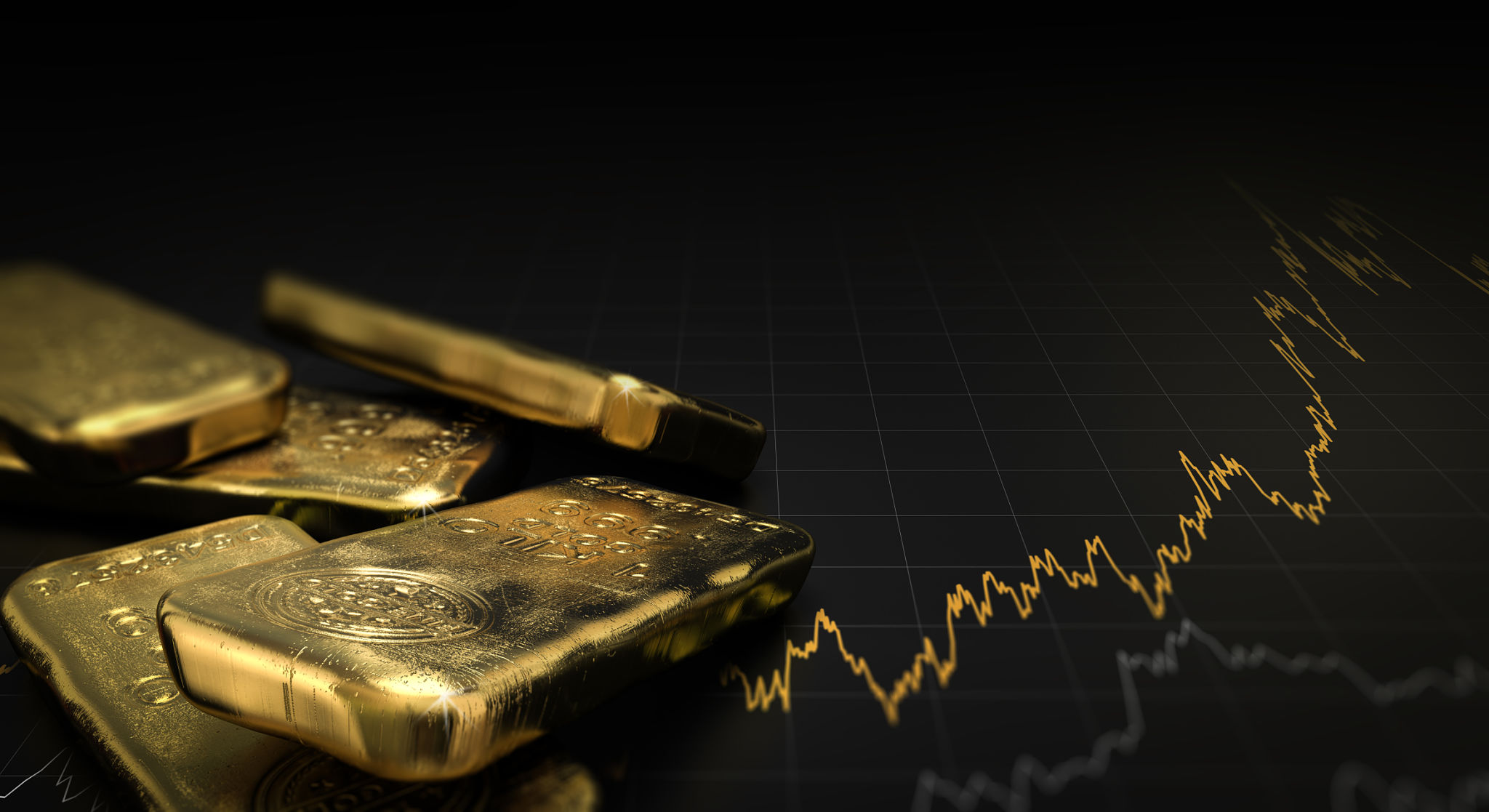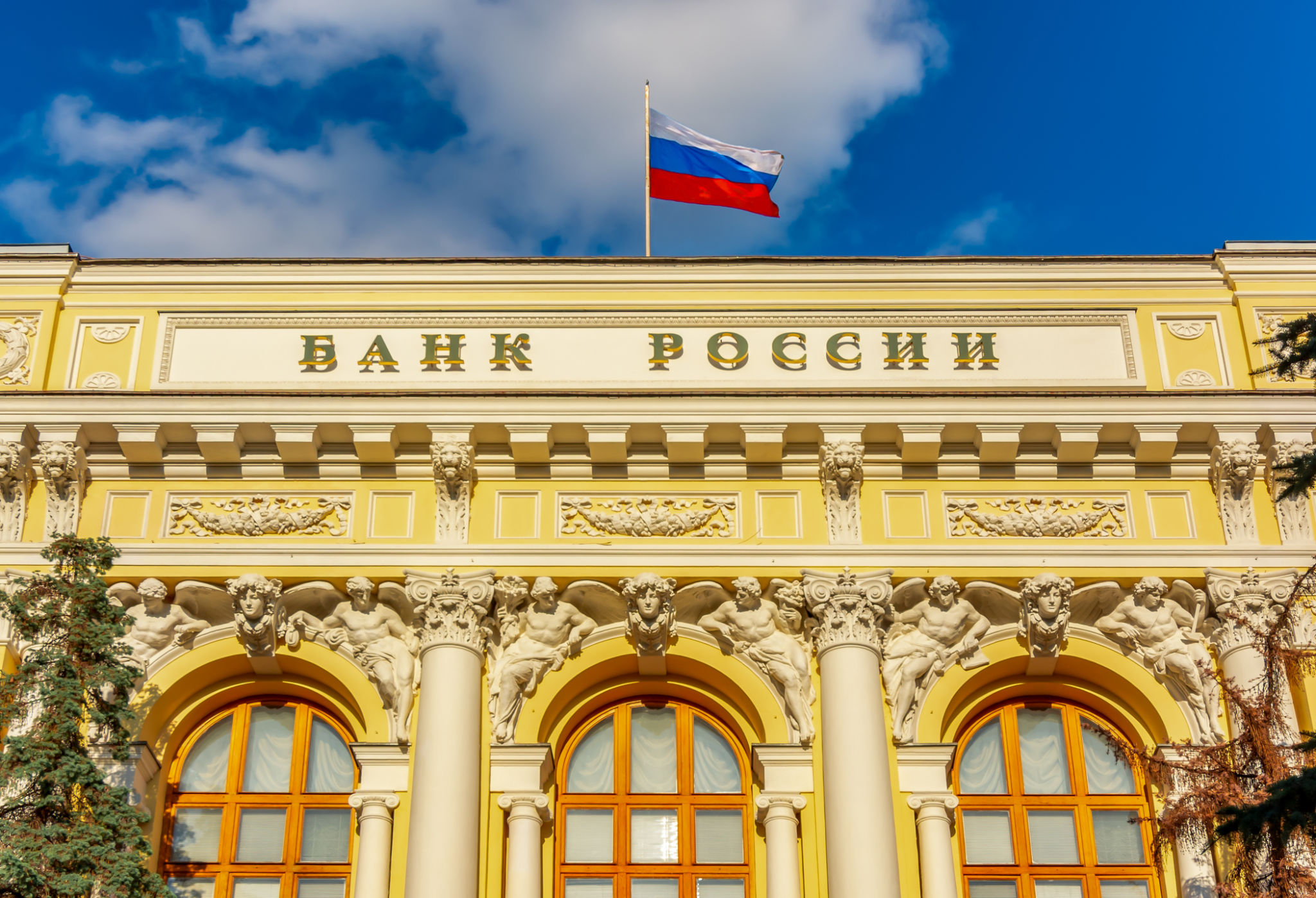Understanding the Market: Key Factors Influencing Gold Prices Globally
Introduction to Gold Market Dynamics
Gold has always been a symbol of wealth and a reliable store of value. Understanding the factors that influence its price is crucial for investors and economists alike. The global gold market is complex, with prices affected by a myriad of factors ranging from geopolitical events to economic indicators.

Supply and Demand
The fundamental economic principle of supply and demand plays a significant role in determining gold prices. Gold supply primarily comes from mining activities, while demand is driven by jewelry consumption, industrial applications, and investment. Any disruption in mining operations or a surge in consumer demand can lead to price fluctuations.
Investment demand, particularly through gold-backed exchange-traded funds (ETFs), has a profound impact on prices. When investors flock to gold as a safe haven, typically during economic downturns or political instability, the increased demand can drive prices up.
Impact of Global Economic Conditions
The state of the global economy is a crucial factor influencing gold prices. In times of economic uncertainty, such as recessions or financial crises, gold is often viewed as a safe asset. Investors tend to move their assets into gold to preserve wealth, leading to increased demand and higher prices.

Conversely, when the global economy is stable and growing, investors may turn to riskier assets like stocks, potentially leading to a decrease in gold prices. Interest rates also play a vital role; lower interest rates make gold more attractive since it does not yield interest like bonds or savings accounts.
Currency Fluctuations
Gold is generally priced in U.S. dollars, making its price sensitive to fluctuations in the currency's value. A stronger dollar makes gold more expensive for holders of other currencies, potentially decreasing demand and lowering prices. Conversely, a weaker dollar can make gold cheaper and more attractive globally, boosting demand.

Geopolitical Factors
Political tensions and conflicts can significantly affect gold prices. During times of geopolitical unrest, such as wars or international disputes, gold often sees increased demand as investors seek safety from the volatility of traditional markets. Such events can lead to sharp spikes in gold prices.
Additionally, government policies regarding gold reserves and trade can also impact its price. For example, if major economies increase their gold reserves, it can signal confidence in gold’s long-term value, thus driving prices up.
The Role of Central Banks
Central banks are significant players in the gold market. They hold substantial reserves and their buying and selling activities can influence global prices. When central banks purchase gold, it can be seen as a vote of confidence in its value, often leading to price increases.
On the other hand, when central banks sell off large amounts of gold reserves, it can lead to an oversupply in the market, potentially causing prices to fall.

Conclusion
Understanding the complex dynamics that influence gold prices globally is essential for anyone looking to invest in this enduring asset. From supply and demand fundamentals to geopolitical tensions and central bank policies, each factor plays a part in shaping the market landscape. Staying informed about these key elements can help investors make more strategic decisions in their pursuit of wealth preservation and growth.